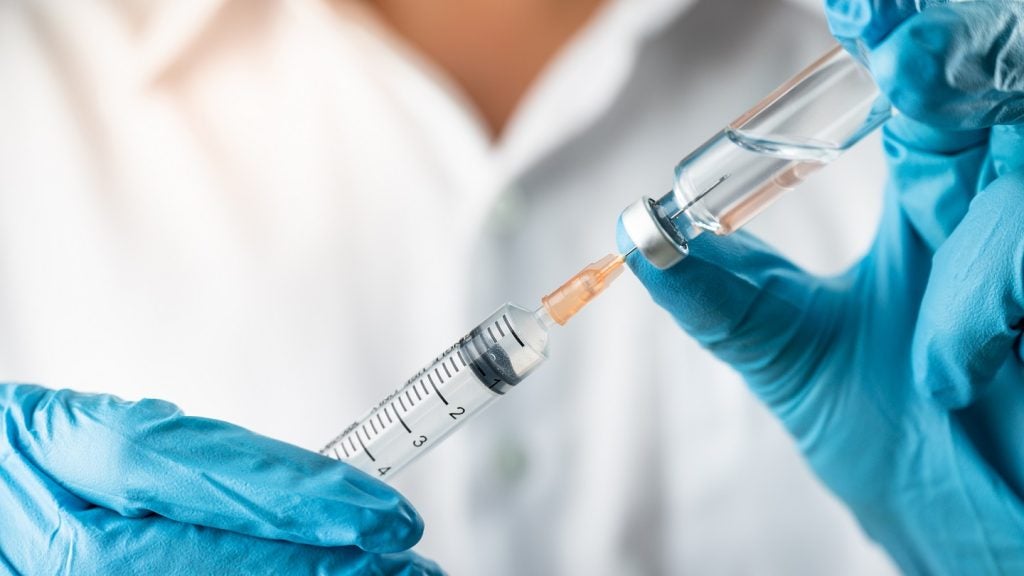California-based Alto Neuroscience has announced that its pipeline drug Alto-100 demonstrated clear evidence of efficacy and safety in patients with post-traumatic stress disorder (PTSD).
The company has reported results from the PTSD cohort in its Phase IIa study (NCT05117632) of the oral candidate, which has been developed based on AI-based brain biomarkers.
In the study, a subpopulation of patients defined by a certain cognitive profile exhibited a greater improvement in PTSD symptoms as measured by CAPS-5 scores, the clinician-administered PTSD scale for DSM-5, than those not exhibiting the cognitive profile.
The study was an eight-week open-label, dataset-controlled study to evaluate the efficacy and safety of ALTO-100 in patients with major depressive disorder (MDD) or PTSD. The trial included 133 patients with primary MDD and 90 patients with primary PTSD.
Topline results from PTSD cohort
The 44 patients in the PTSD cohort with the biomarker profile demonstrated a 17.5-point mean reduction in CAPS-5 scores compared with 12.9 points in the 40 patients without the biomarker profile at week four, meeting the primary outcome.
Of the experimental cohort, 46% of patients achieved clinical response, a CAPS-5 PTSD symptom reduction of 50% or more from baseline, compared with 26% of patients without the biomarker profile.
ALTO-100 has been studied in 395 subjects across a therapeutic course and has displayed a favourable tolerability profile. No new safety signals were observed in the study.
Founder and chief executive officer Dr Amit Etkin said: “This result in PTSD, leveraging the same biomarker as discovered in MDD, strengthens confidence in Alto’s approach and the replicability of our data.”
Results previously announced from the MDD cohort
These results build on previous data reported from the MDD cohort, which was published in January 2023.
These results found that patients in the biomarker-defined MDD group demonstrated a 15.5-point mean MADRS reduction compared with 10.6 points in the patient group without the biomarker profile at week six. Overall, 61% of biomarker-defined patients achieved clinical response compared with 33% of patients without the biomarker profile.
The company is now recruiting for an ongoing Phase IIb study (NCT05712187) for MDD patients. The trial is a randomised, double-blind, placebo-controlled study of ALTO-100 due to end in January 2024.















